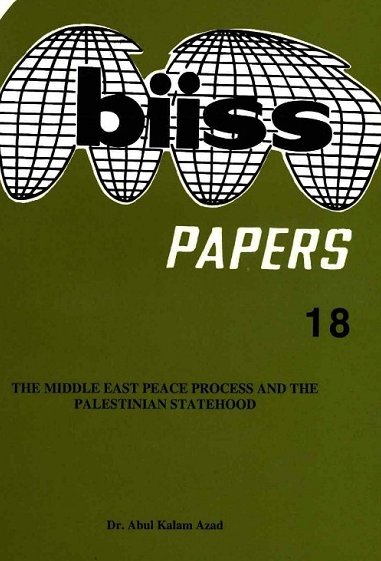Diplomacy, Security and International Law

This monograph examines the Middle East peace process, focusing on the question of Palestinian statehood. It traces the history of negotiations, from the Oslo Accords to more recent initiatives, and evaluates their successes and failures. The report analyzes the interests of key stakeholders: Israel, the Palestinian Authority, Hamas, the United States, the European Union, and regional actors such as Egypt and Saudi Arabia. It assesses the obstacles to peace, including settlement expansion, internal Palestinian divisions, security concerns, and shifting regional geopolitics. The study also considers the role of international law, human rights, and grassroots movements in shaping narratives of justice and legitimacy. It concludes that despite numerous diplomatic initiatives, the prospects for a two-state solution remain uncertain, with risks of further fragmentation and instability.